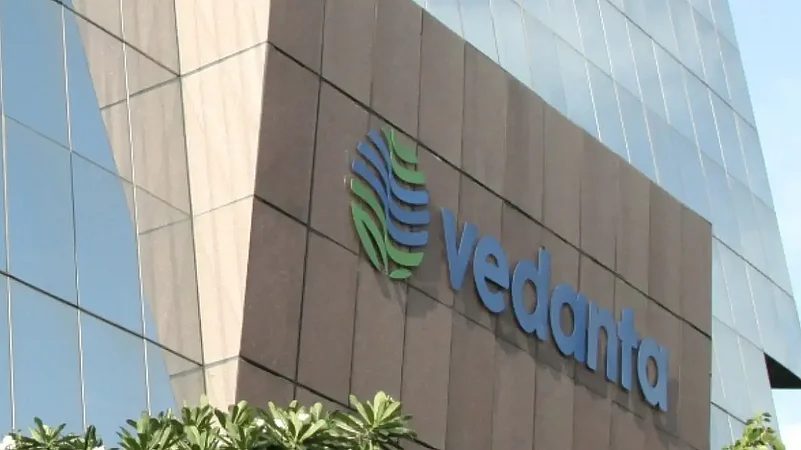The Organised Crime and Corruption Reporting Project (OCCRP) in a published report alleged that Anil Agarwal-led Vedanta was behind a "covert" lobbying campaign to weaken key environmental regulations during the COVID-19 pandemic. The report, published on Thursday, said that the Indian government approved the changes without public consultation and implemented them using methods cited illegal by experts.
According to OCCRP, in January 2021, Vedanta Group Chairman Anil Agarwal had told former environment minister Prakash Javadekar that the government could add "impetus" to India's economic recovery by allowing mining companies to boost production by up to 50 percent without having to secure new environmental clearances.
“Apart from immediately boosting production and economic growth, this will generate huge revenue for the Government and create massive jobs,” Agarwal told the minister, recommending that the change could be made with 'a simple notification',” stated the article.
Who else is involved?
Two weeks after Agarwal’s proposal, the environment ministry received a similar letter from the head of the Federation of Indian Chambers of Commerce & Industry lobby group. Both suggested that it will be simple for the government to apply the rules to other types of mining as it had done as much for coal mines a few years earlier.
Vedanta’s chief executive, Sunil Duggal, wrote directly to Prime Minister Narendra Modi in June, arguing that he could “boost the economic engine immediately” by scrapping the current method of granting environmental approvals, the report stated. The letter was forwarded to the environment secretary, who was already discussing the issue. There was said to be some internal opposition to the idea.
In early 2022, following a series of closed-door meetings, India’s environment ministry loosened regulations to allow mining companies to increase production by up to 50 per cent "without needing to hold public hearings", which many in the industry considered the most onerous requirement of the environmental clearance process, the report further claimed.
How were the norms diluted?
According to details of one of the meetings in July, officials worried that the loosening would break the law, and encourage unrestrained mining in ecologically sensitive areas. A summary of an internal meeting by the Joint Expert Appraisal Committee agreed to the concern and outlined the need of public consultation.
In October, the environment ministry published a memo that allowed mines to expand production by only 20 percent without public hearings. This was less than half of what Agarwal and the mining lobby group had desired.
But the issue was revived when Cabinet Secretary Rajiv Gauba, who reports directly to Modi, spearheaded an internal push to cut government red tape. The ministry then changed the regulations through an office memo. The report claimed Vedanta’s lobbying to have a bigger role than India’s mining secretary in loosening the rules.
The memo scrapped the requirement for miners to hold public consultations when expanding production by up to 40 per cent, and requiring only written feedback up to 50 per cent. Experts, quoted by the OCCRP report, said this would exclude a large section of the Indian public who cannot read or write, or who struggle to negotiate government bureaucracy.
OCCRP dig deep
The George Soros-backed news organisation claimed Vedanta's oil business, Cairn India, also successfully lobbied to have public hearings scrapped for exploratory drilling in oil blocks it won in government auctions. Since then, six of Cairn’s controversial oil projects in Rajasthan have been approved despite local opposition, the OCCRP report said.
Claiming to have analysed thousands of Indian government documents obtained using freedom of information requests, OCCRP said that these records range from internal memos and minutes of closed-door meetings and even letters like the one from Vedanta Chairman Anil Agarwal.
The report comes a day after the media group alleged Adani Group to have millions invested in some of its publicly traded stocks through “opaque” funds.





























